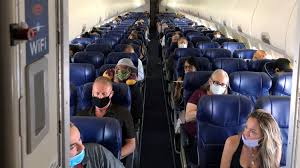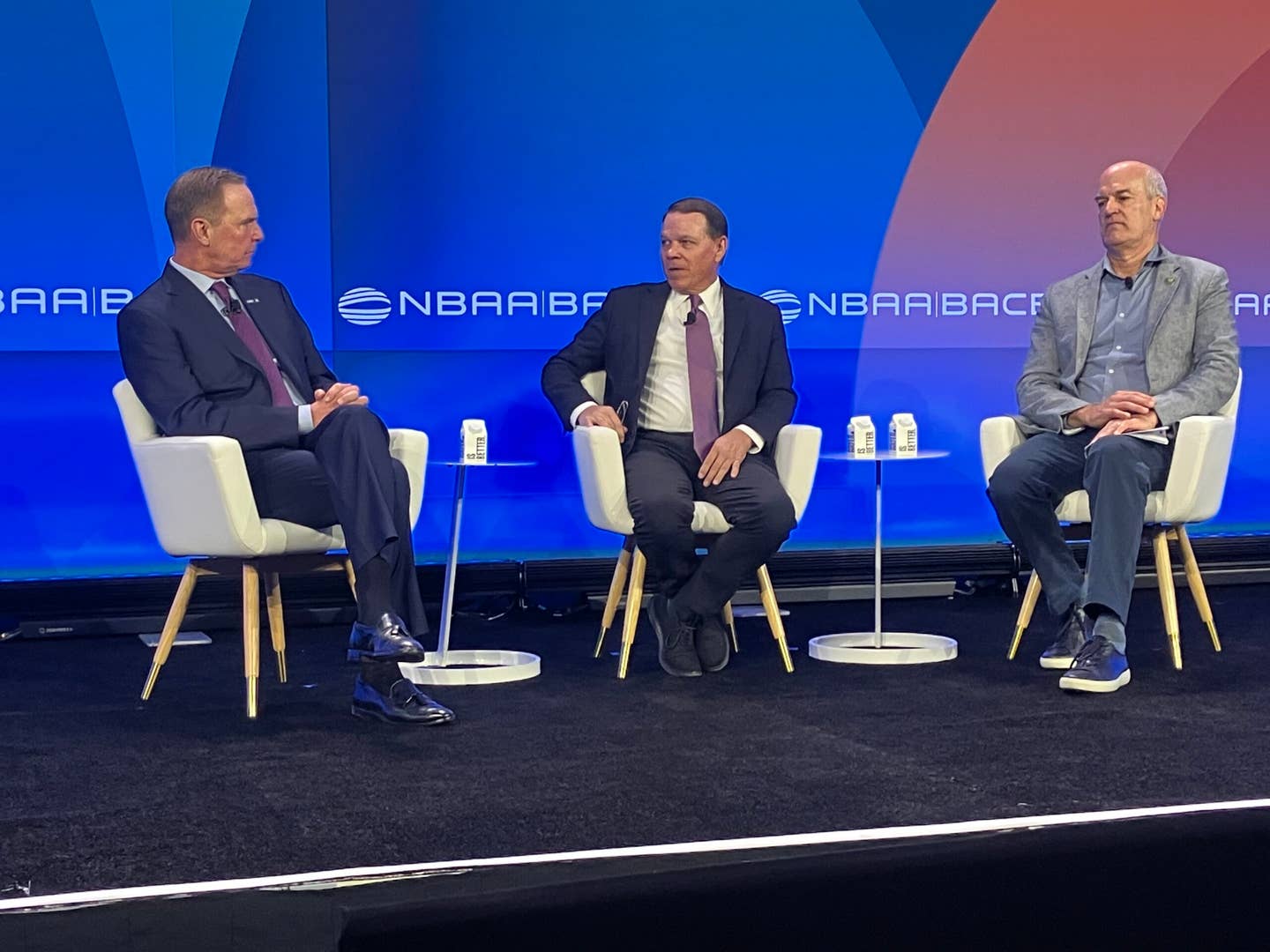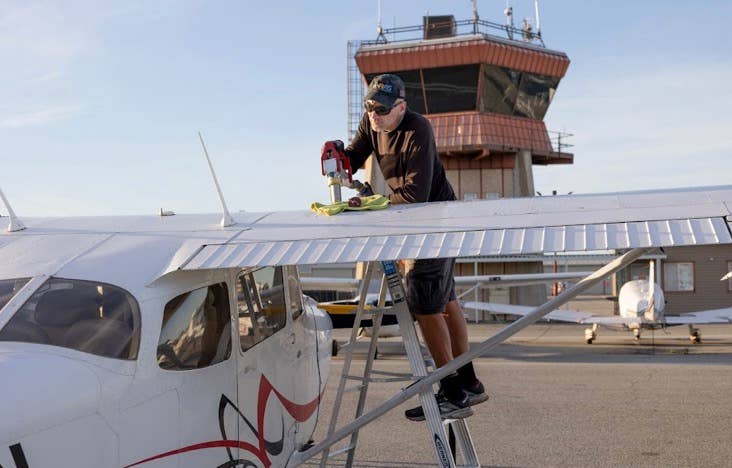Airlines Develop A Spine On Mask Enforcement
Everybody hates masks, including airline passengers. But airlines, or at least Delta, seem determined to enforce the policy nonetheless.

Credit: Chicago Tribune
In 1993, two businessmen named William Walts and George Richardson proposed to launch a new airline called Smokers Express. It was to be based in Florida. It may be helpful to recall that smoking was banned on U.S. airlines in 1990. I had to look this up, by the way. I thought it was much earlier than that. And actually, smoking bans varied; some were in place as early as the 1980s, but China didn’t ban inflight smoking until 2017.
In any case, Smokers Express was in reaction to this and the business plan was to provide a members-only charter arrangement whereby passengers could puff their way to a limited number of destinations on the East Coast and to Las Vegas. On its DC-9s, Smokers Express would provide free cigarettes, movies, steaks and burgers and no screaming kids to shatter the nicotine-induced calm in the cabin. "There are 54 million smokers that are pretty well being treated like second-class citizens,” Richardson told the Baltimore Sun on the eve of the Smokers Express launch. I don’t know about you, but I can’t imagine a more appealing way to travel.
But evidently, investors never felt the love, for Smokers Express failed to attract enough capital to get to the starting gate, much less exit it. It became just another of many out-of-left-field American business ideas that ended up as road kill. Shortly thereafter—and maybe even before that—we accepted bans against smoking in public places, of which airliners happened to be just one example. Some of it had to do with rising acceptance that evidence of smoking’s health risk was real and secondary smoke inhalation was part of it. Non-smokers had rights, too.
So now history repeats with the airlines requiring masks as a COVID-19 mitigation. Same argument about rights; same denial of medical efficacy. And last week, Delta made an interesting calculation. It disembarked two passengers from a Delta flight departing Detroit because they refused to wear masks. It’s worth noting that Delta was the first international carrier to ban smoking from all its flights. That was in 1994.
Delta CEO Ed Bastian was blunt about it. “We've been steadily and rather aggressively stepping up our enforcement of the mask policy. You cannot board a Delta plane unless you have a mask on. If you board the plane and you insist on not wearing your mask, we will insist that you don’t fly Delta into the future. We already have over 100 people we've put on that list,” he told NBC.
At a time when airlines are struggling for every paying passenger they can get, Bastian’s harsh stance seems like PR suicide. I actually think it’s just the reverse. In my view, a loud minority objects to masks using the personal rights or “sheep” argument. When would-be passengers worried about COVID-19 infections—and that’s most of us, I think—hear that, maybe they’ll be confident enough in Delta to believe the airline will stick to its commitment to enforce whatever mitigations we have available. In an airline cabin, that’s exactly nothing, except a mask. There’s too much evidence out there now to dismiss the efficacy of masks, although the degree can be argued.
I suppose Delta’s policy could drive passengers into the arms of United or American, who are once again packing cabins rather than blocking a middle seat, as Delta is doing. And are those two airlines more lax on mask policy? Interesting psychology. But if confidence is a factor, I don’t see how you instill it by declaring you’ll fill your airplane and masking is mandatory (wink, wink).
Public opinion is shifting rapidly on mask use, according to this Hill-HarrisX poll done in May. As the article reports, people are paying attention and despite what reservations they may have not related to tickets, attitudes are changing.
Last week saw another airline, Emirates, announce its own confidence plan. It said it would cover the cost of passengers' COVID-19 medical expenses up to $174,000 with a daily $116 quarantine allowance for 14 days if any got infected on one of its flights.
This is also interesting psychology. How would you ever prove you acquired the infection on an Emirates aircraft? I’m sure it’s explained somewhere in the exclusionary fine print. But does it plant the seed in the customer’s brain that, well, this must be safe or they wouldn’t be doing that? Maybe. Or maybe it nudges someone who was on the fence to actually book a ticket.
All airlines, but especially U.S. airlines, will need all of that they can get. The airlines had a big day on Sunday, boarding 799,861 people, the highest single day number since March 17. But it’s still only 30 percent of the passenger volume at this time last year. We have a long, long way to go to reach parity, much less growth. Arguing about masks is hardly a ripple in the pond.
Editor’s note: I realize this is a hot-button issue. I will ask that you keep your comments civil and on point. Thanks.






